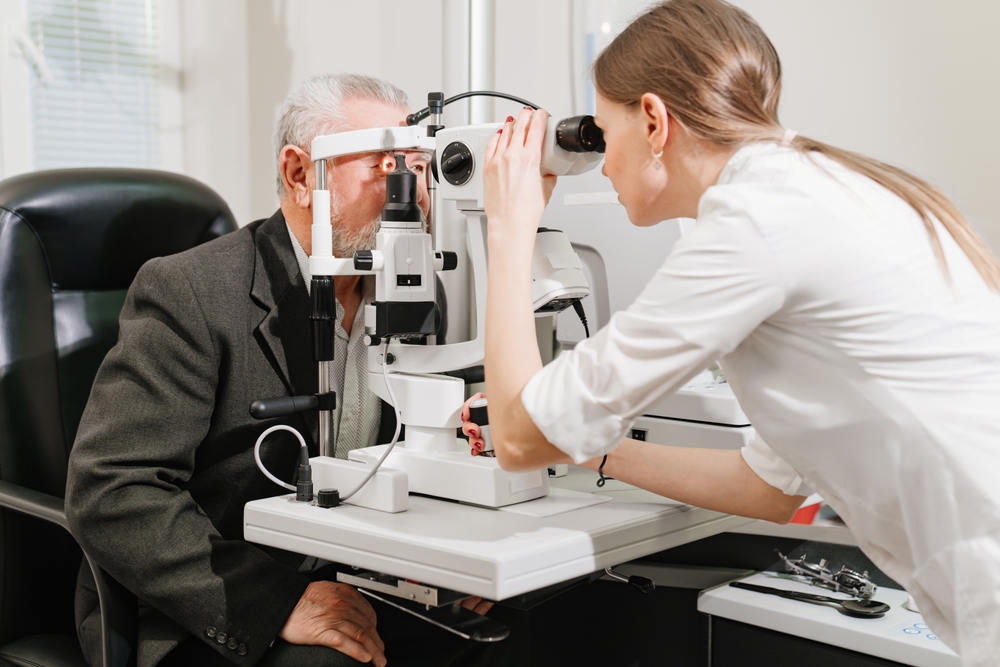
Binocular vision refers to the ability of both eyes to work together to produce a single, clear image. When this coordination is disrupted, it can lead to symptoms such as eye strain, double vision, headaches, difficulty reading, and even problems with balance or depth perception. A binocular vision evaluation is a specialized assessment that helps identify and address these issues. At Keystone Vision Development Center, we take a thorough and patient-centered approach to these evaluations, ensuring that you or your child receives the care needed for optimal visual function.
What is a Binocular Vision Evaluation?
A binocular vision evaluation is a more comprehensive assessment than a standard eye exam. This specialized evaluation delves deeper into how both eyes work together as a team, examining aspects such as eye alignment, focusing ability, and coordination. It’s essential for identifying and addressing issues that may impact depth perception, visual comfort, or overall visual efficiency, particularly in activities requiring sustained focus.
The Evaluation Process
Binocular vision issues can cause symptoms and affect quality of life:
• Double Vision: Persistent double vision can make everyday tasks like reading, driving, or even walking difficult. It can cause confusion, difficulty judging distances, and increase the risk of accidents.
• Eye Strain and Fatigue: Individuals with binocular vision issues often experience excessive eye strain, especially after reading, using digital screens, or performing visually demanding tasks.
• Headaches and Migraines: Frequent headaches, especially around the eyes and forehead, can make it hard to focus at work or school.
• Difficulty with Reading and Comprehension: Words may appear to move, blur, or double on the page, making reading slow and frustrating. Children may struggle with schoolwork and lose interest in reading, affecting academic performance.
• Poor Depth Perception: Difficulty judging distances can impact activities such as catching a ball, driving, or walking up and down stairs safely.
• Dizziness and Balance Issues: Feeling unsteady while walking, experiencing motion sickness, or struggling with crowded environments can limit social activities and independence.
• Sensitivity to Light: Bright lights or glare may cause discomfort, making it challenging to be outdoors or in environments with fluorescent lighting.
Because these issues can be subtle and often go undiagnosed in routine eye exams, Dr. Conway takes the time to thoroughly assess binocular vision. Binocular Vision Evaluations are scheduled for at least an hour, whereas most routine eye exams are scheduled for just 15 minutes. This extended evaluation allows her to assess how well your eyes coordinate, track, and focus together, ensuring a comprehensive understanding of your visual system and any underlying concerns.
The Next Steps
Following the evaluation, Dr. Conway will review the results and explain their findings in detail. If the patient is a child, a dedicated 1 hour consultation with the parents is essential. She will use demonstrations to illustrate how the visual system is functioning, allowing parents to better understand what their child is experiencing. If any visual issues are detected, a personalized treatment plan will be created.
Get in Touch with Keystone Vision Development Center
If you or your child are experiencing symptoms like double vision, headaches, or difficulty focusing, a binocular vision evaluation is the first step toward lasting relief. Schedule an appointment with Keystone Vision Development Center at our office in Ebensburg, Pennsylvania, or call (814) 419-8379 today.







